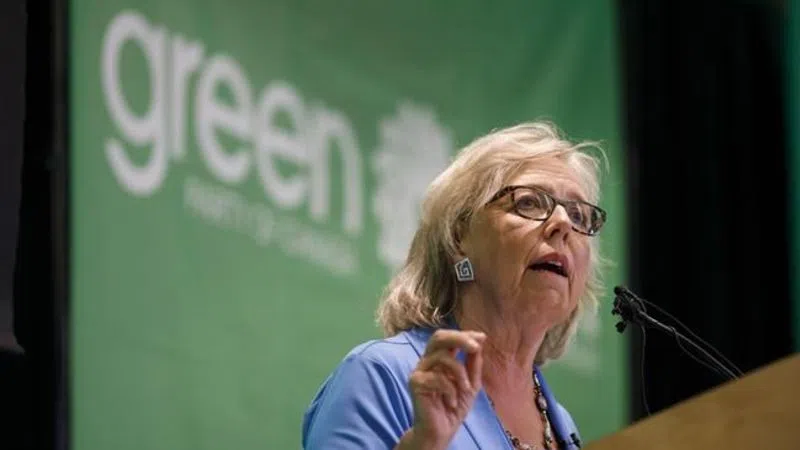
Greens’ universal pharmacare proposal costed at $27B next year
HALIFAX — Introducing universal pharmacare would cost $26.7 billion in the first year, the federal Greens said Wednesday as they released a costed platform.
The pledge to ensure all Canadians have access to medication is the biggest new spending item in the Green plan, which represents the first federal party to release a platform with price tags for its pledges as reviewed by the parliamentary budget officer.
The platform shows that by fiscal year 2024-25, the Greens’ pharmacare plan would cost $31.3 billion, but by then their proposed budget has the provinces contributing $17 billion.
The Liberals and NDP have also pledged a national pharmacare program.


